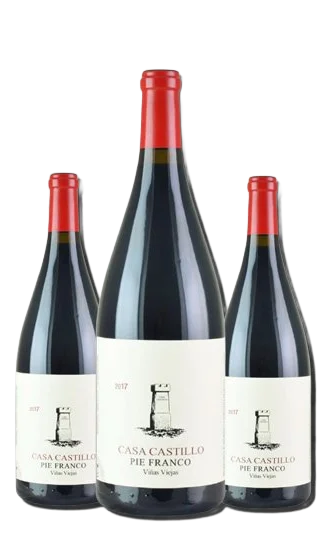Elbow deep in new soil, and tending to bad sun-burns, I’m surprised that gardening has become one of our favourite activities. My wife and I love to root around, pull up weeds, move the sprinkler here and there, and add nutrients to our new little plants. Often we’re enthusiastically yelling out across the yard to each other, “hun, there’s a baby shoot over here, have you seen it? Come look!” Or, “hey, did you know this thing makes flowers?” Most of the time we’re surprised that anything is growing with our newbie gardening skills.
Science has offered even more reasons for getting dirty in the garden. Researchers have found that a microbe found in dirt called Mycobacterium vaccae actually functions as an anti-depressant by releasing serotonin in the brain. Digging in the garden stirs up the bacteria and we respond in surprising ways. The dirtier you get, the better you feel.
Gardeners understand the importance of getting messy. They know that for things to grow, you can’t just use dirt, you must create soil with good ingredients. Compost and manure (garbage) are used to amend soil, essential for a healthy garden. Gardeners recognize that each plant grows in a unique way and we cannot manufacture growth, we can only create a healthy environment for plants to flourish. We know that the tastiest strawberries are not always the biggest or prettiest and each plant produces it’s own special fruit or flower in its own time. Gardeners know that to care for a garden you have to get down and into it, you can’t stand above it. Gardens are messy, and that’s never a problem.
We know that neighbourhoods, like gardens, are messy. But for those of us who know the joy and life that comes from a healthy neighbourhood, messiness is not a problem. We know that bad things can be used for good and that we are working together to create good soil and a rich environment for neighbours to thrive. Each neighbourhood will grow in their own unique way, and even the smallest sign of fruit is something to celebrate. As we get down into the neighbourhood by knowing our neighbours and caring for each other, we may even catch ourselves happily yelling out to each other, celebrating signs of new growth and life. To enjoy a garden you have to be present; smelling the fresh buds, hearing the buzzing bees, and crunching into a fresh snap pea. It’s in the mess, in the soil and growth of our communities, that we find life.
Jesus said once said, “My purpose is to give them a rich and satisfying life” (John 10:10). He demonstrated that this “rich and satisfying life” comes from loving others, giving ourselves away, blessing the people around us, trusting God, and knowing we are God’s beloved. God is present in our messiness and it is out of the mess that God can bring verdant-green life. We are welcomed to be co-gardeners with Jesus, invited to join God in making this world and our neighbourhoods beautiful places for everyone.
Into the Neighbourhood Experiment: This week, go for a walk through your neighbourhood and think of your neighbourhood as a garden that requires care for it to grow. Watch and listen for signs of life, and for signs of stagnation. In what ways might your neighbourhood become an environment of grace and life where people can flourish? What do you hear?








